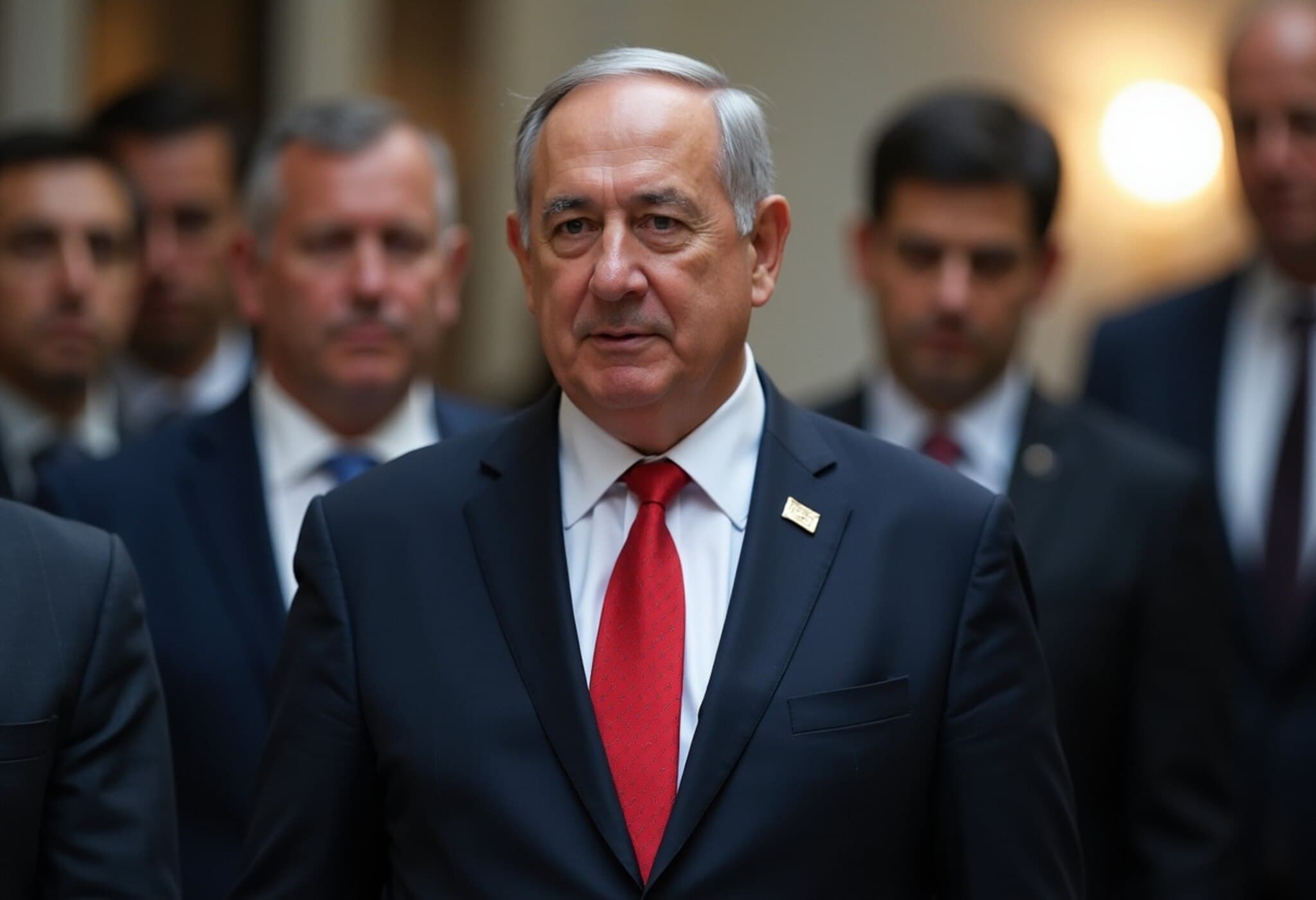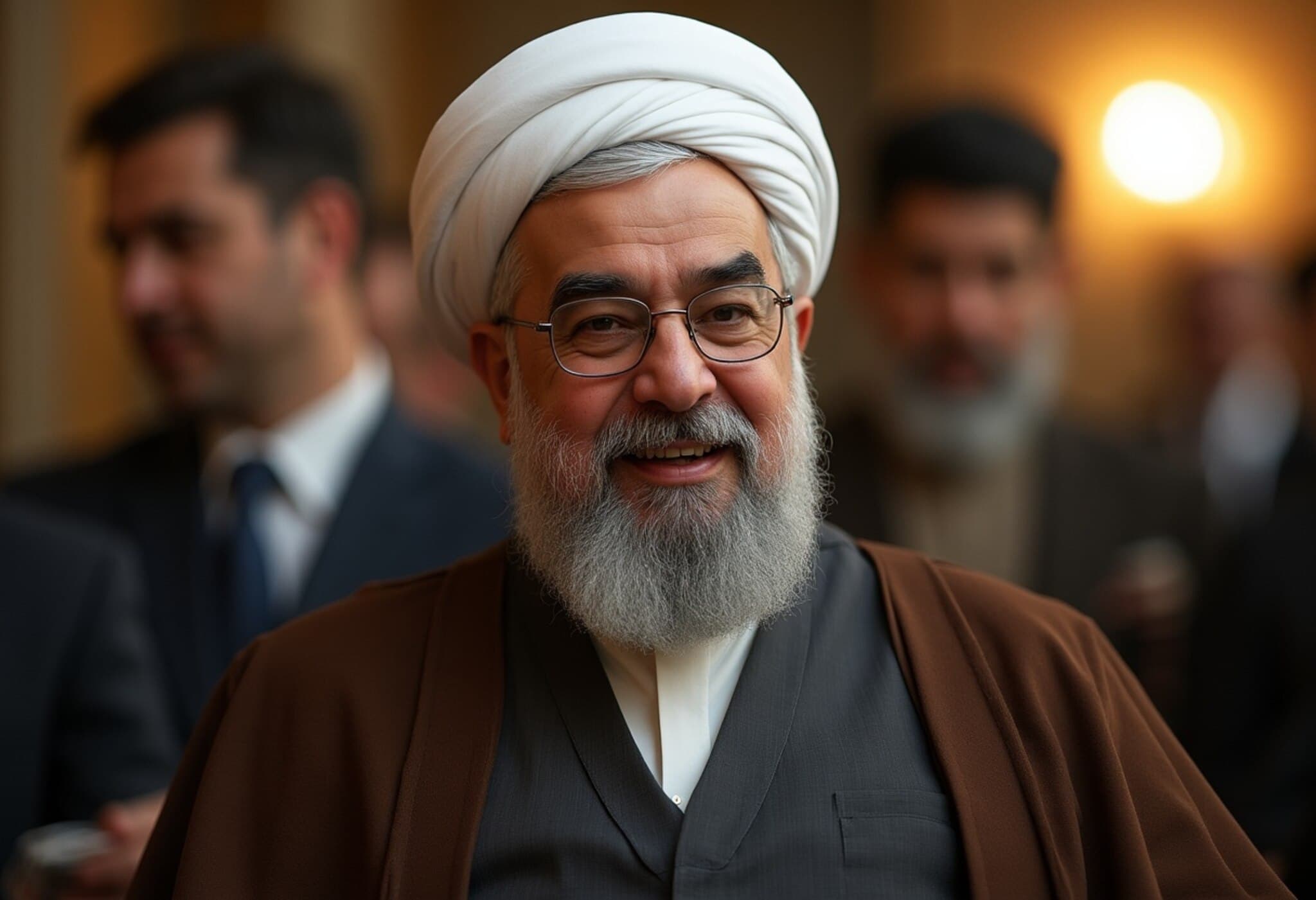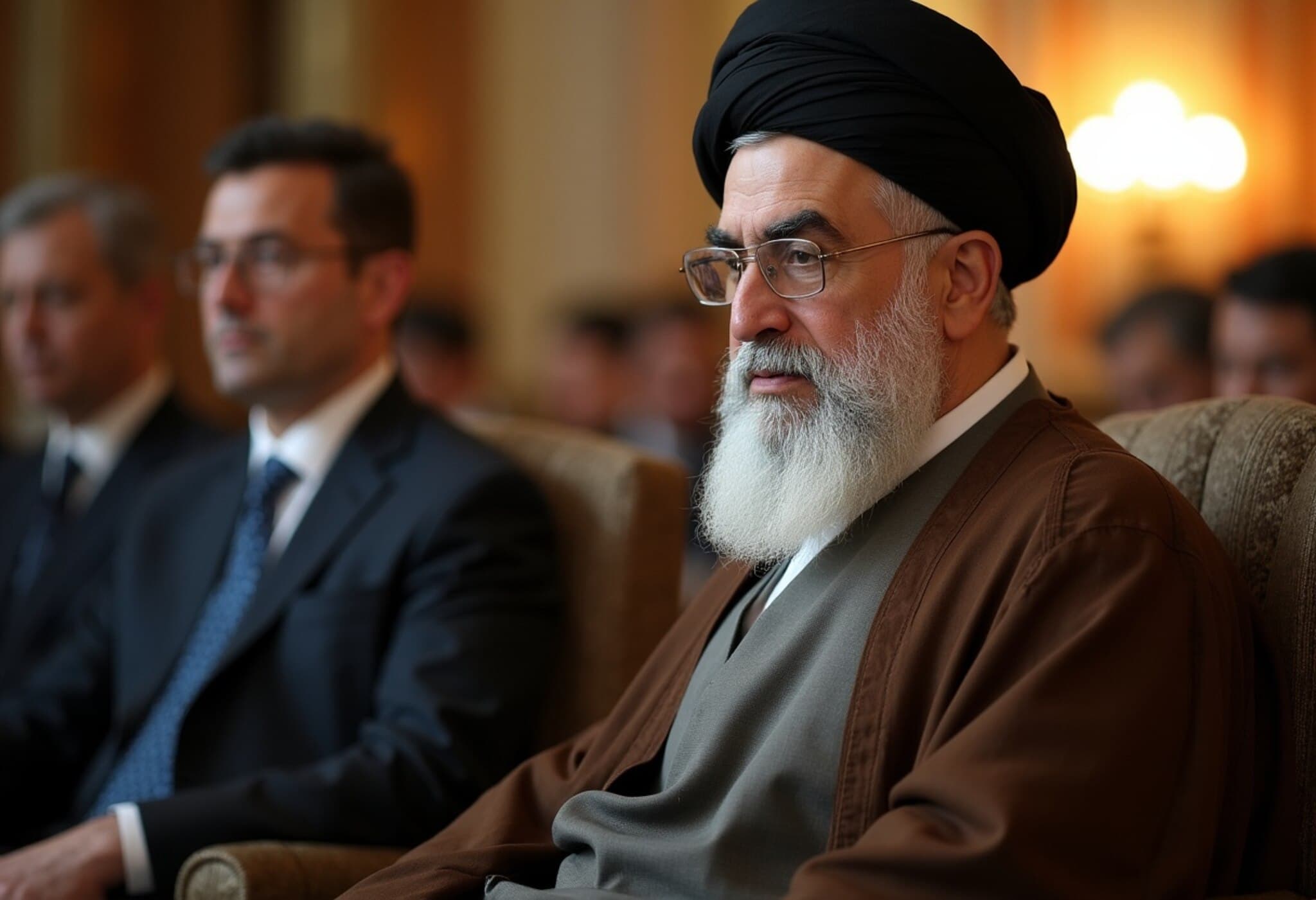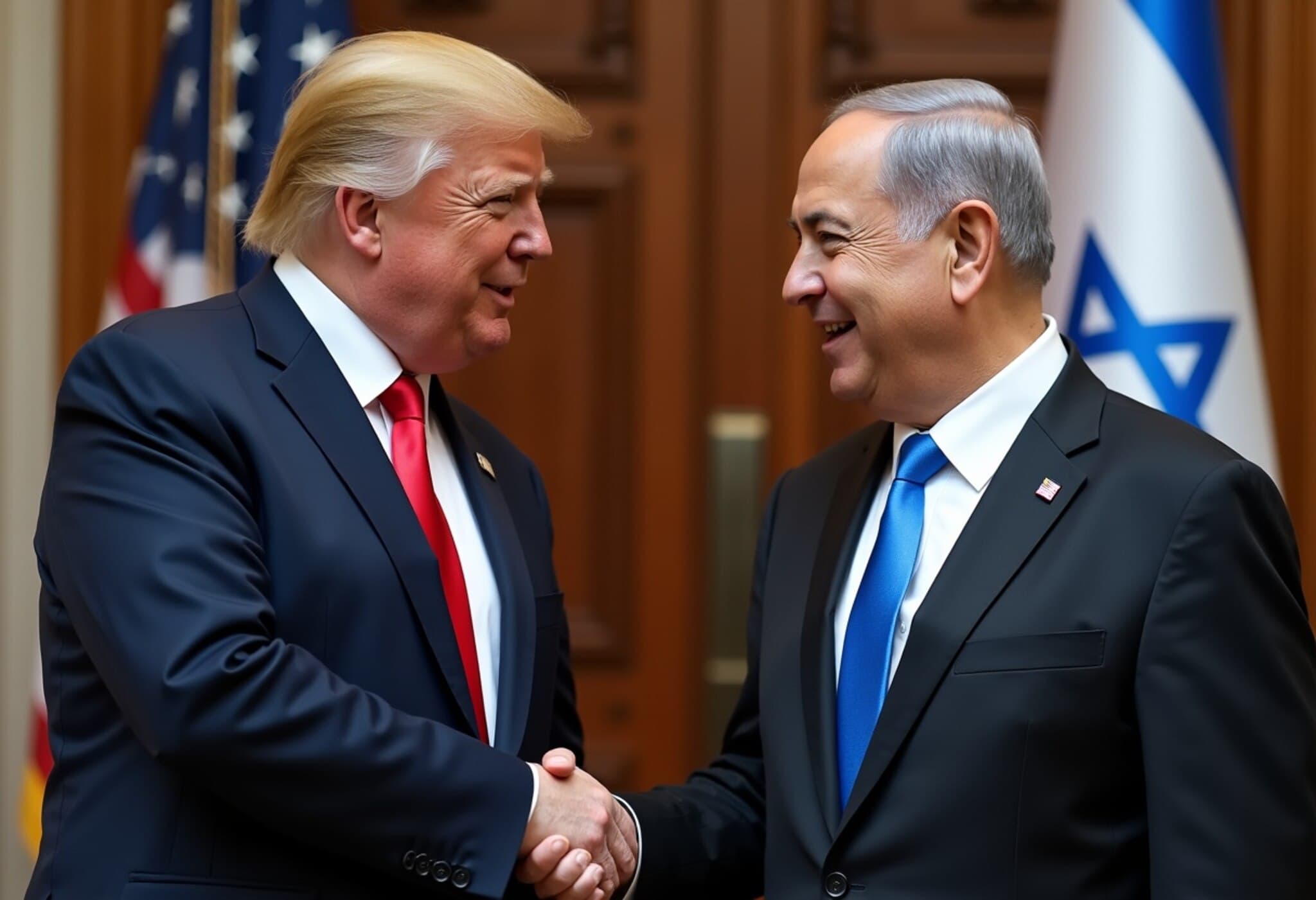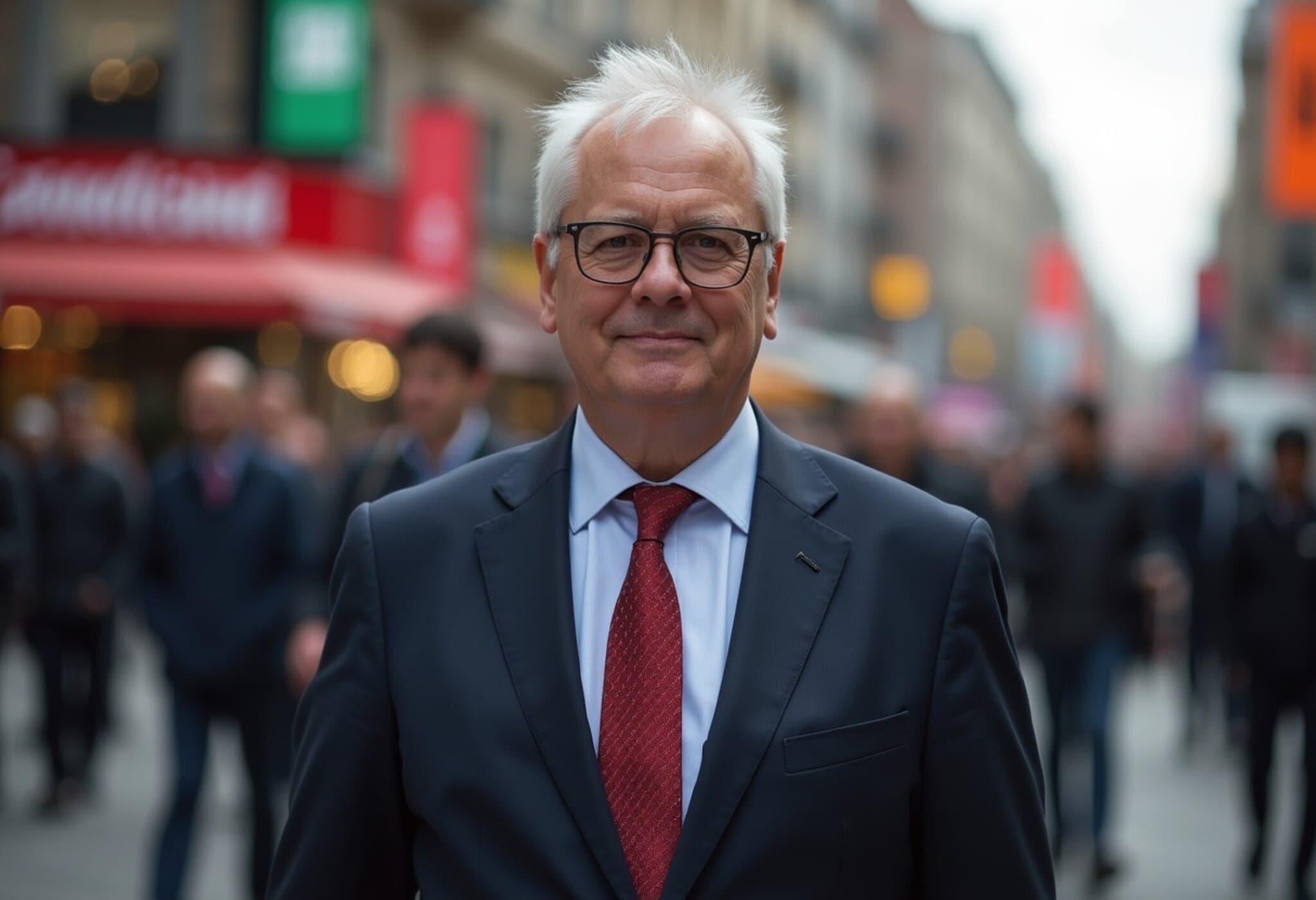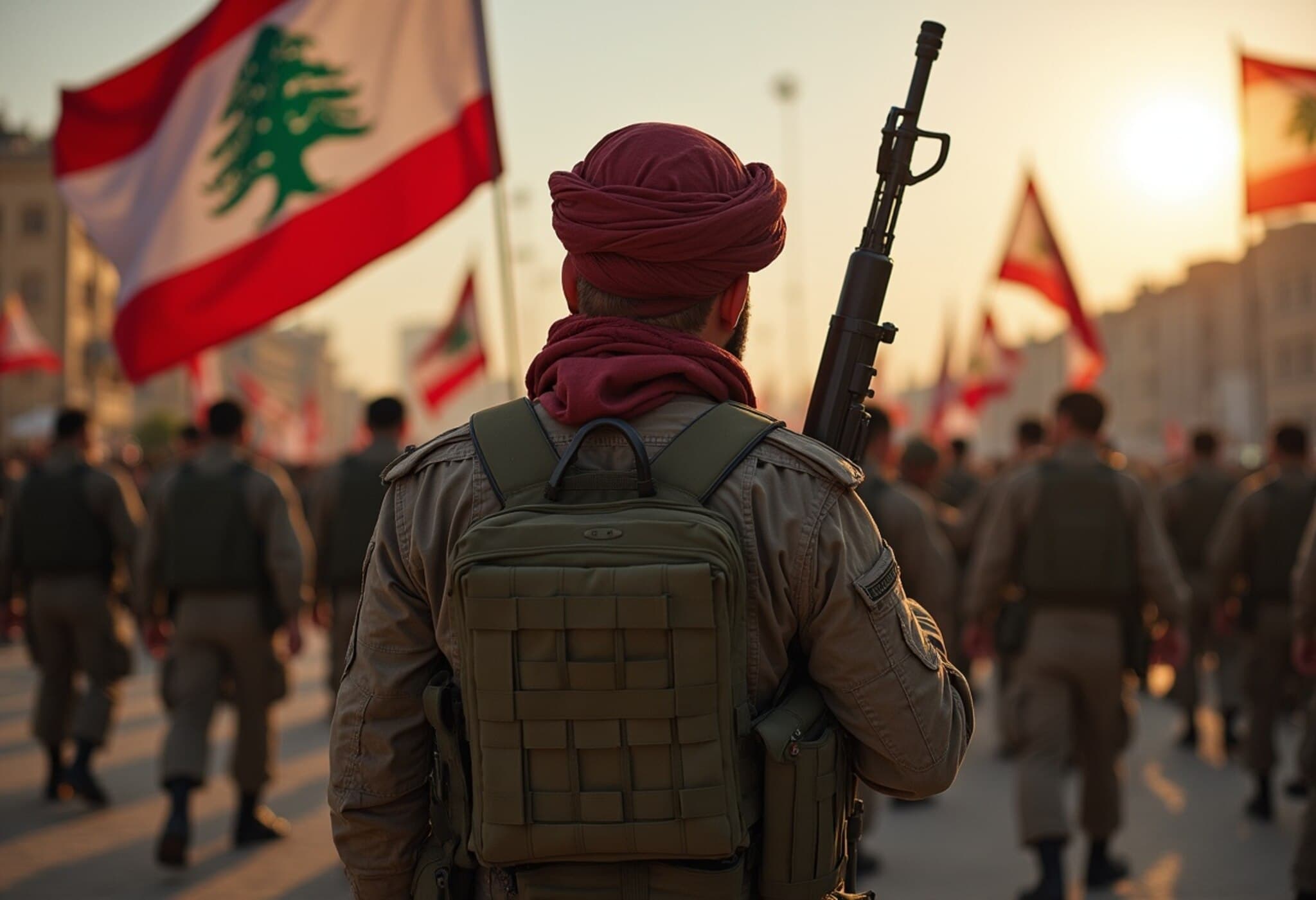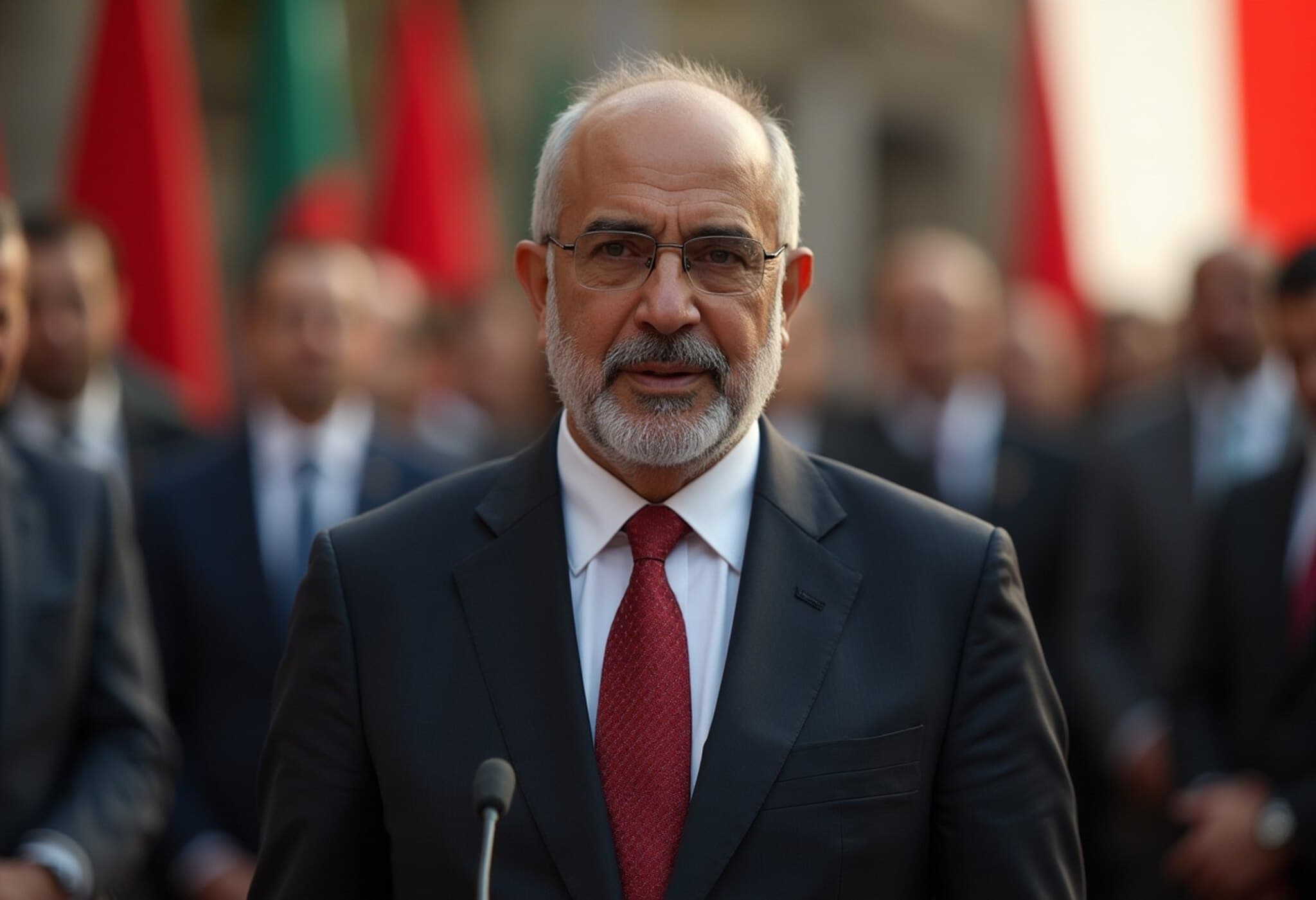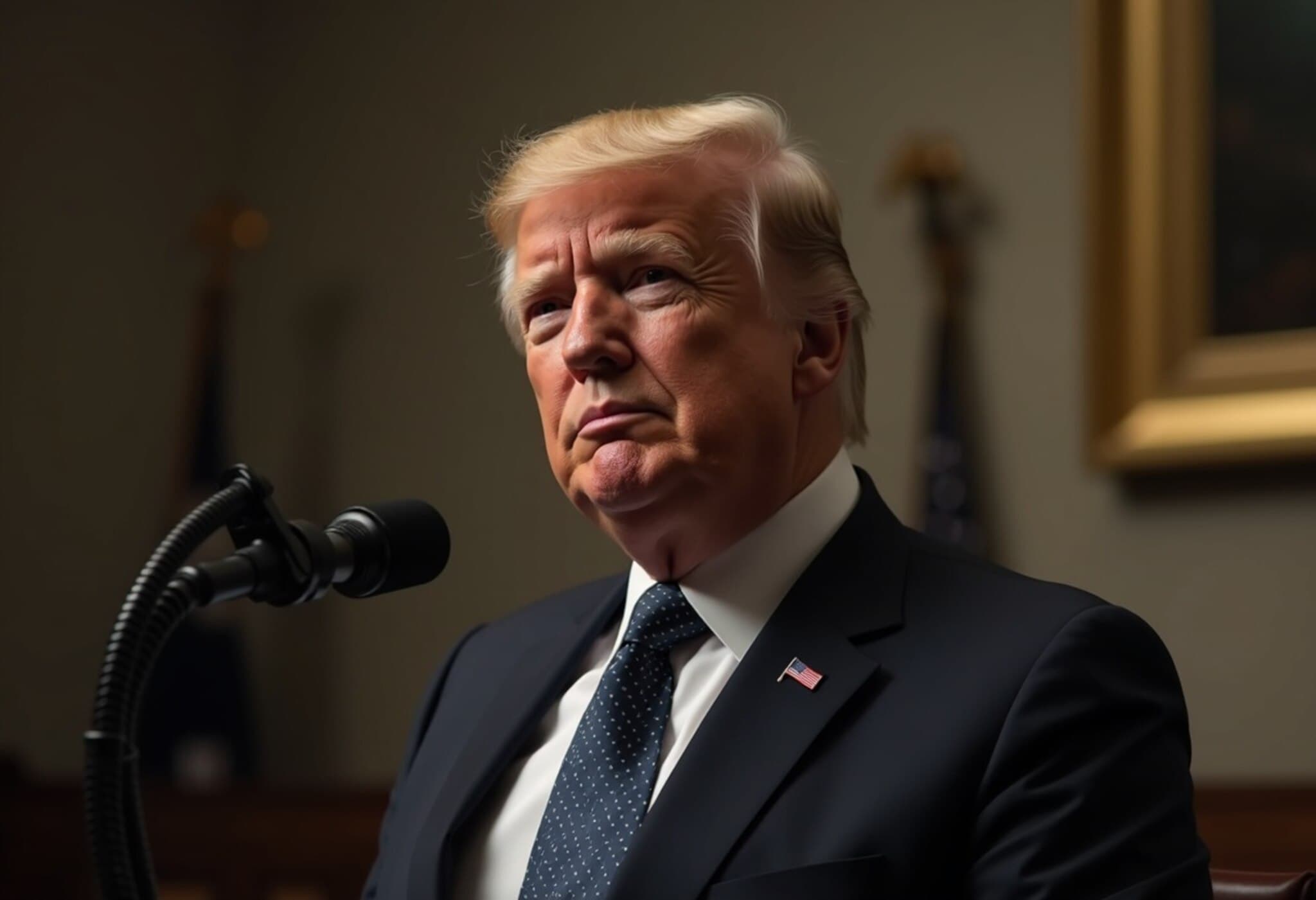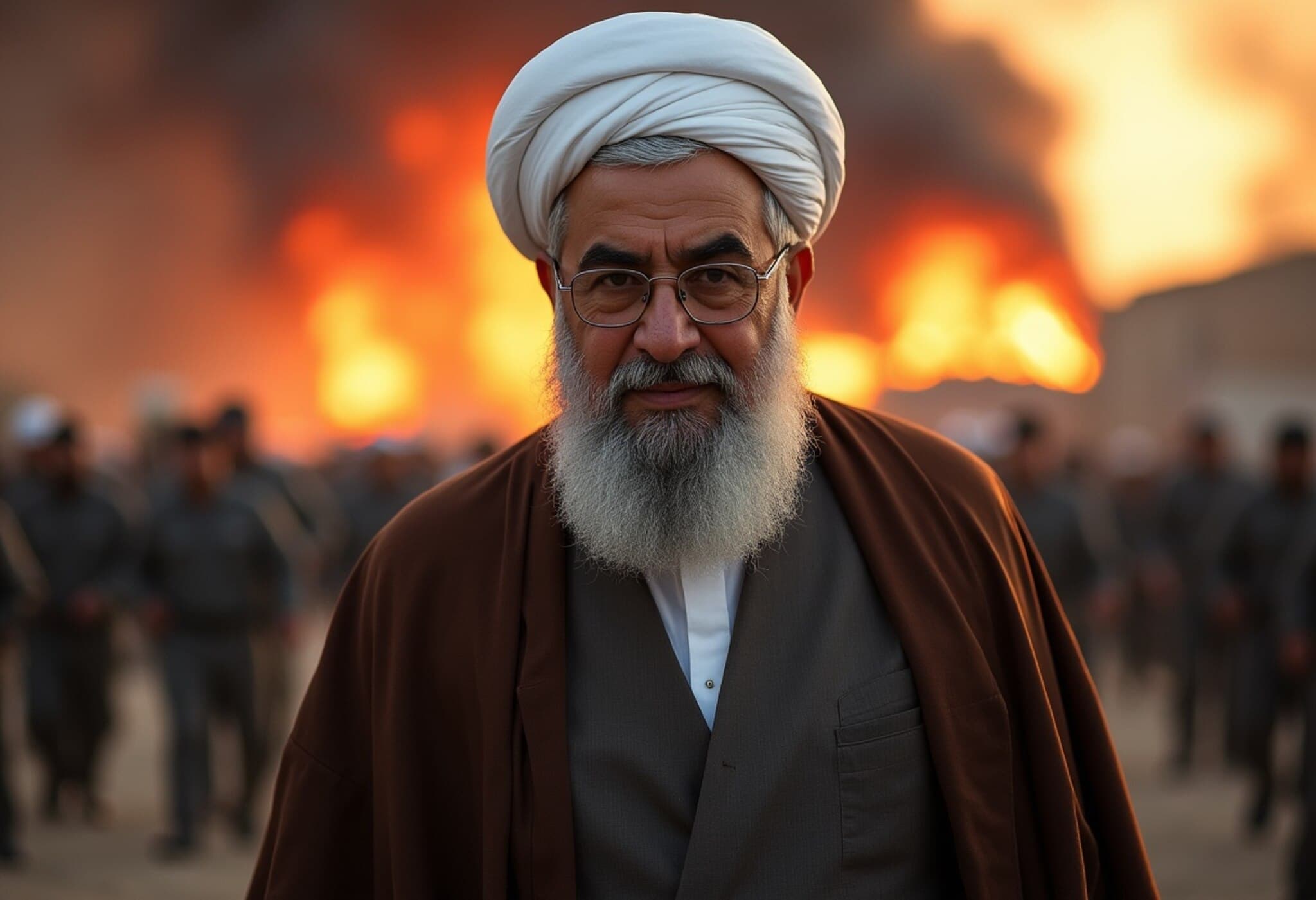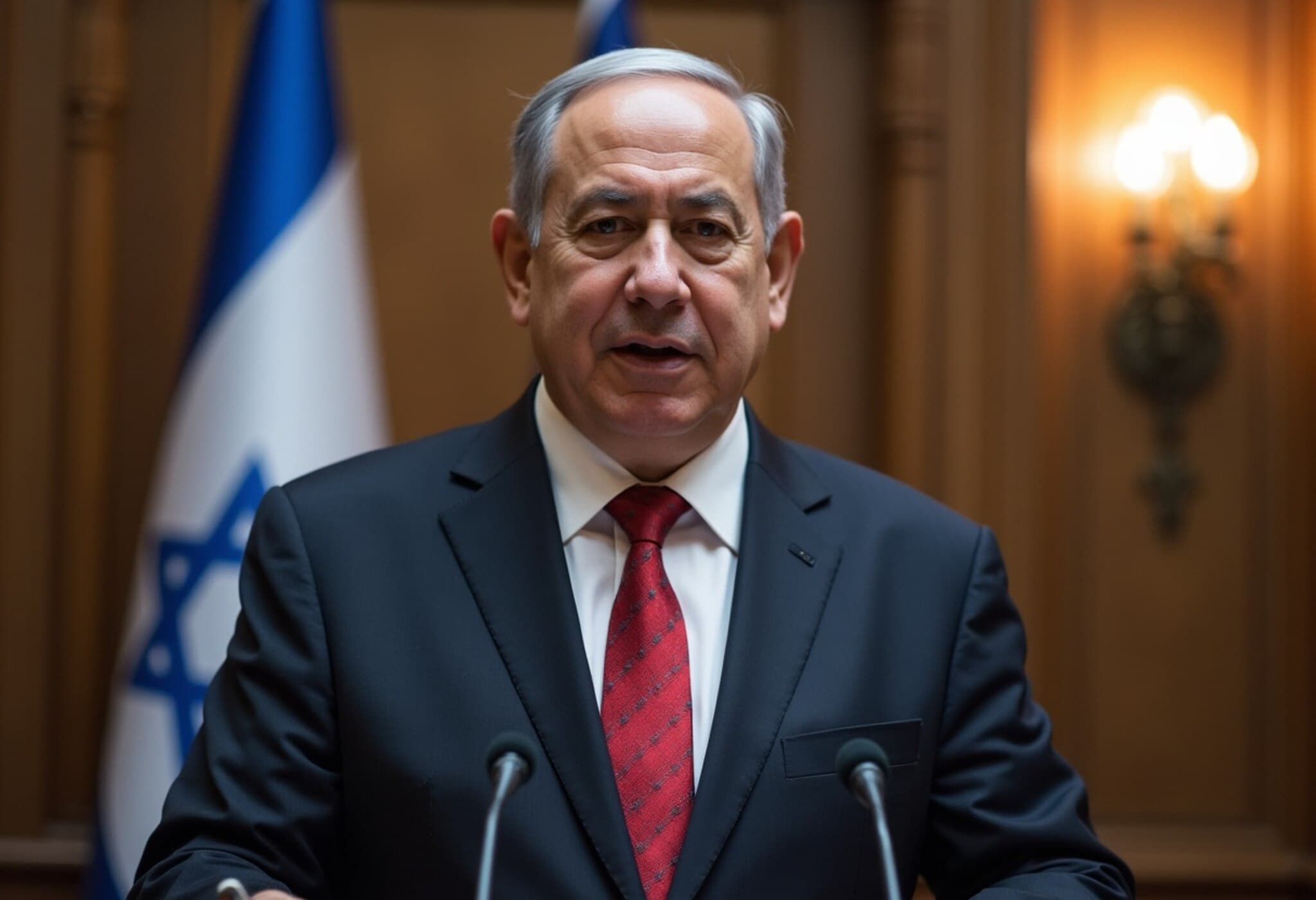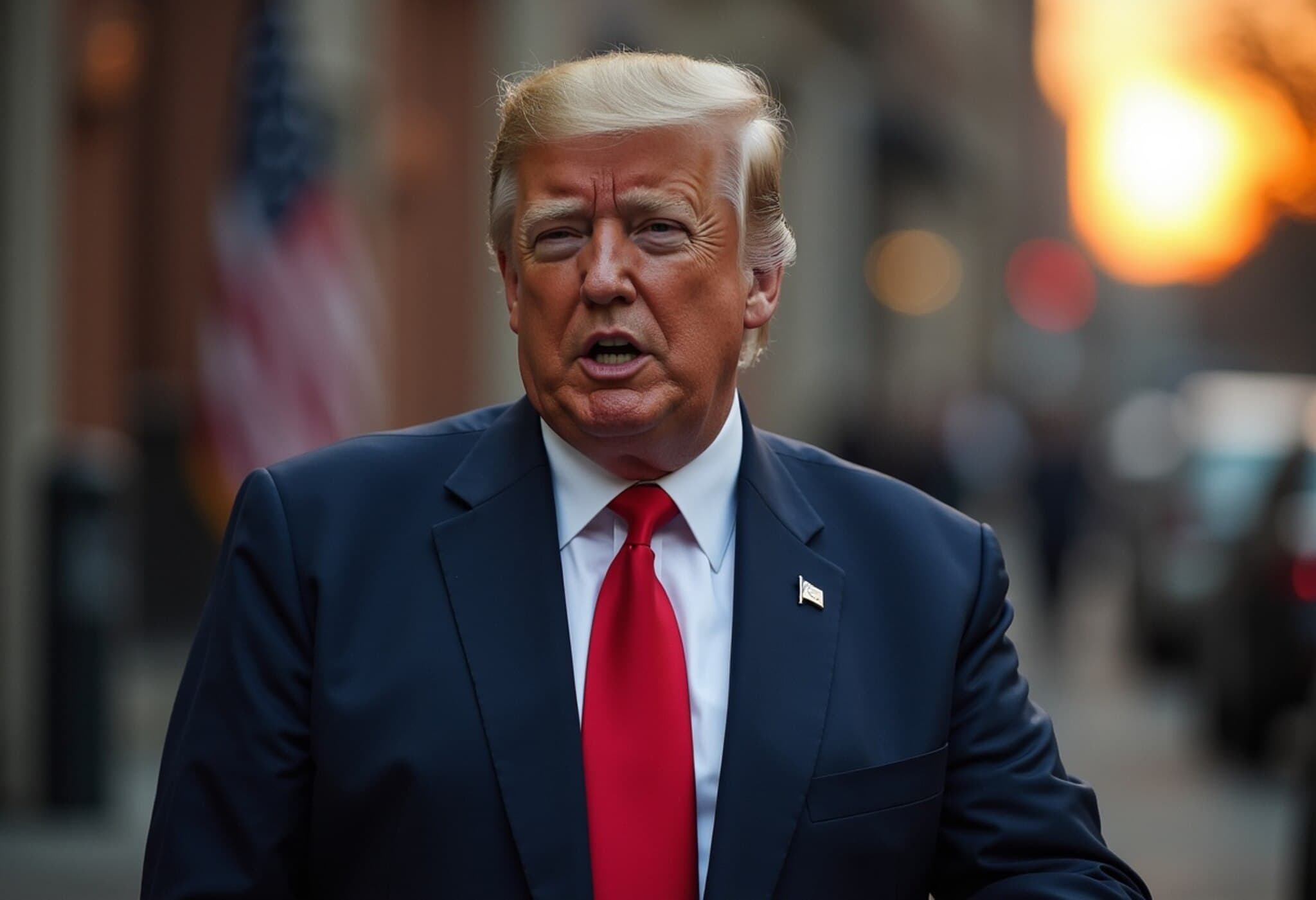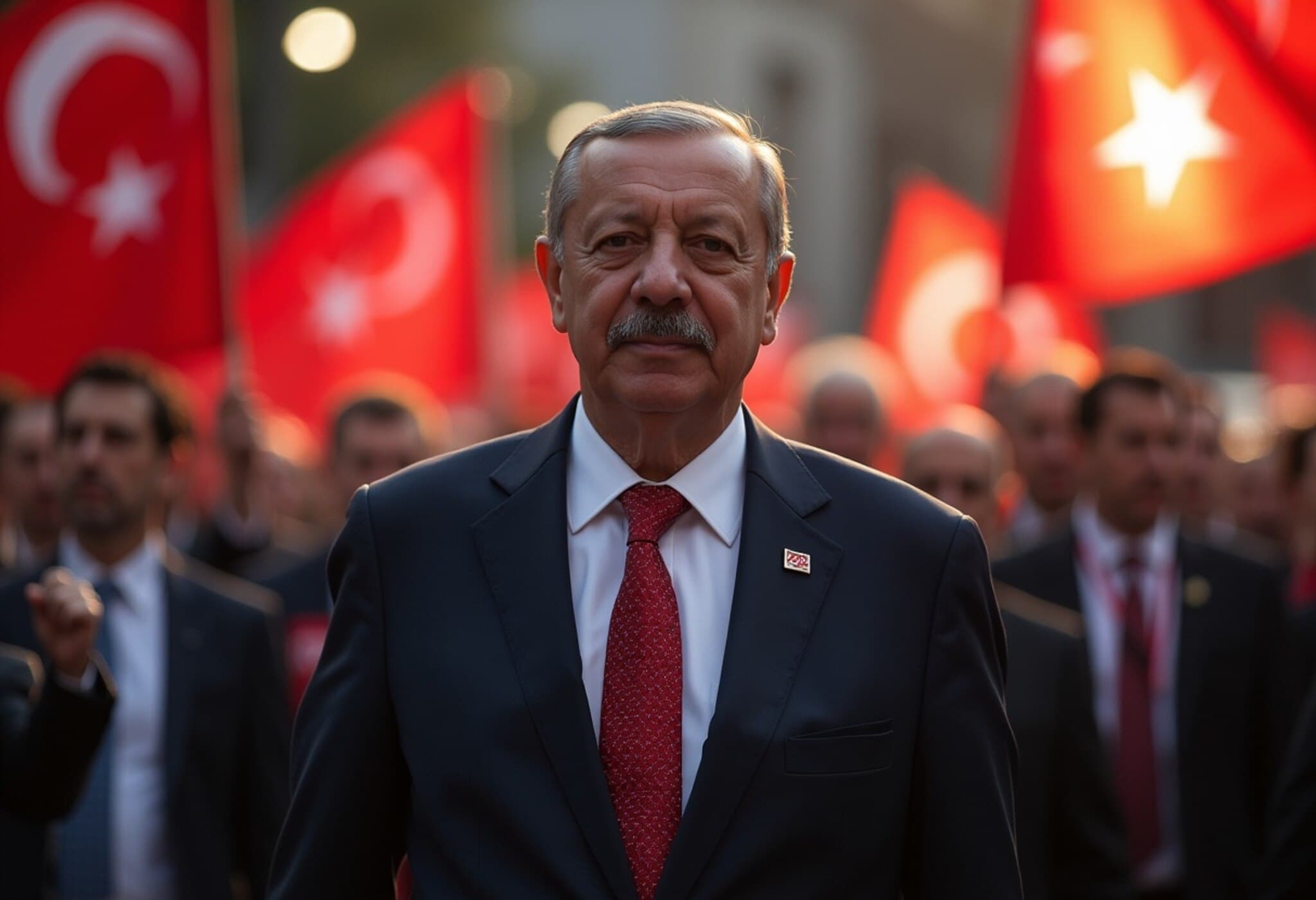US Ambassador Breaks Diplomatic Norms by Attending Netanyahu’s Corruption Trial
In a move that raised eyebrows in diplomatic circles, US Ambassador to Israel Mike Huckabee broke with established protocol by attending the corruption trial of Israeli Prime Minister Benjamin Netanyahu on July 17, 2025. This uncommon public show of support highlights the Trump administration’s firm backing of Netanyahu during one of the most politically charged moments in Israel’s recent history.
Context: A Trial Amid Turmoil
Netanyahu is currently facing charges including fraud and breach of trust, allegations that stem from a 2019 indictment accusing him of offering regulatory favors and diplomatic advantages to influential businessmen in exchange for gifts and positive media coverage. While the trial began in 2020, this legal saga has remained divisive within Israeli society.
What makes the timing particularly sensitive is that these legal proceedings are unfolding against the backdrop of heightened regional conflict. Since a surprise Hamas-led attack on October 7, 2023, Israel has been engaged in intense hostilities involving Gaza, Lebanon, and tensions with Iran, raising concerns over national security and political stability.
An Unprecedented Diplomatic Gesture
Ambassadors traditionally avoid engaging publicly in the domestic judicial affairs of host nations. Huckabee’s courthouse appearance is therefore widely seen as a deliberate political message, signaling unequivocal US support for Netanyahu. Prior to entering the courtroom, Huckabee described his visit as "an act of friendship" aimed at demonstrating the US desire for Israel’s success.
In candid remarks reflecting a deep resonance between the US and Israeli conservative leadership, Huckabee compared Netanyahu’s legal struggles to those of former President Donald Trump — both men navigating high-profile trials while serving in office under intense scrutiny. Huckabee went further to criticize the trial judge’s impartiality, suggesting the proceedings were unfair.
Trump’s Vocal Intervention Amplifies the Controversy
The US President’s direct calls for Netanyahu’s trial to be halted mark a rare and contentious instance of American presidential intervention in a foreign nation’s legal system.
- On social media platform TruthSocial, Trump called for the trial's immediate cancellation or for Netanyahu to receive a presidential pardon, referring to him as a "Great Hero" and "wartime prime Minister."
- Following the court visit, Huckabee echoed Trump’s sentiment, asserting the former president was “right … again” regarding the case’s unfairness.
These statements have ignited a debate about the boundaries of diplomatic conduct and the US’s role in Israel’s internal affairs, especially given Trump's own legal controversies that have added layers of complexity to his stance.
The Stakes for Israel’s Political Landscape
Netanyahu’s legal challenges have deeply polarized Israeli society. Supporters hail him as a seasoned leader steadfastly protecting Israel’s interests during turbulent times, while critics brand him a "crime minister," accusing him of corruption that undermines the democratic process.
The trial’s outcome carries significant implications:
- Conviction could sideline Netanyahu: Under Israeli law, a conviction involving moral turpitude would bar him from public office.
- Presidential pardon possibility: President Isaac Herzog holds the power to pardon Netanyahu, possibly circumventing legal consequences.
- Plea bargain debates: Discussions around plea deals have surfaced but Netanyahu has rejected charges that would stigmatize his political viability.
The trial is expected to continue for months, potentially impacting Israel’s governance and its position in an already volatile Middle East.
Expert Perspective: The Broader Implications
From an American policy standpoint, Huckabee’s courtroom attendance underscores the Trump administration’s prioritization of its alliance with Netanyahu’s government, reflecting a broader strategy that intertwines diplomatic loyalty with political ideology.
However, this raises questions about the separation of powers and judicial independence on a global scale. Could such diplomatic gestures influence domestic judicial processes? What message does this send about US respect for allied nations' sovereignty and rule of law?
Moreover, the convergence of legal battles faced simultaneously by both leaders — Trump and Netanyahu — invites reflection on the increasing fusion of politics and legal struggles in contemporary governance.
Conclusion
Mike Huckabee’s courtroom visit is more than a simple diplomatic signal; it’s a potent symbol of international political alliances amidst legal turmoil. As Netanyahu’s trial stretches on, the balance between justice, political survival, and international diplomacy remains under intense scrutiny.
Editor’s Note
This unprecedented US diplomatic gesture prompts a critical examination of how legal accountability intersects with political loyalty. Observers should watch closely how this affects Israel’s domestic governance, US-Israel relations, and the evolving norms of international diplomacy. What are the long-term implications for judicial independence when foreign diplomats openly support leaders under trial? The answers may reshape diplomatic practice for years to come.

